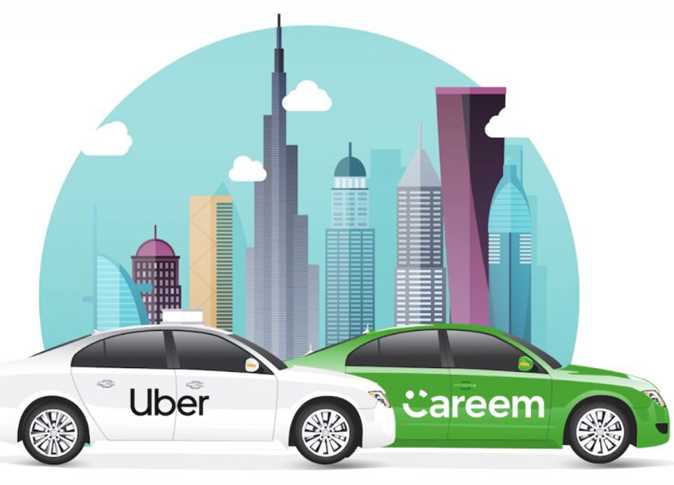
The Egyptian Competition Authority (ECA) on Monday said it has imposed commitments on Uber, which Uber has agreed to comply with, that will safeguard the rights of riders, drivers, and investors as well as encourage innovation and entry into the market.
In a statement, the ECA said that it imposed these commitments under its international jurisdiction set out in Article Five of the Egyptian Competition Law (ECL) and under Article Six of the ECL, as set out in Interim Measure Order No. 26 of 2018, to reach a decision regarding the proposed acquisition of Careem, Inc. by Uber Technologies, Inc.
In order to mitigate the harms identified by the ECA and minimize barriers to entry and hence be granted an exemption under Article Six (2), the parties proposed a number of commitments which the ECA found would protect the rights of riders, drivers, and investors, as well as encourage innovation and entry onto the market.
The ECA evaluated these proposals by conducting market testing. Based on the proposals, the ECA has imposed on the concerned parties the following commitments:
On the rider side, the parties, should they wish to raise prices, are obliged to comply with a cap placed by the ECA lower than the increase rate prior to the transaction. Similarly, the surge multiplier is capped at 2.5. Its occurrence is also capped and cannot exceed a threshold of 30 percent of annual trips, with the possibility of the ECA intervening and lowering the threshold.
On the driver side, the parties will not increase the commission they deduct from trips beyond the current rate. The commitments will also encourage the entry of new competitors, by allowing them to access Uber’s mapping and trip data, as well as allowing them to port user data from users who use the Uber or Careem applications (after obtaining their consent).
The commitments will be monitored by an independent Monitoring Trustee. The commitments will last for five years or until the entry of a meaningful market player (as defined under the commitments).
Uber and Careem operate in the markets of app-hailed passenger vehicles, high capacity vehicles (HCVs), scooters, tuk-tuks, app-based food-delivery, and courier services.
The ECA’s investigation focused on the app-hailed passenger vehicles market due to its size and importance within Egypt.
It investigated the proposed acquisition and its impact on the Egyptian market. Throughout this process, the parties were given the right to respond to the ECA’s findings.
The ECA found the following barriers to entry into the market: the lack of short-term profitability on the market; the requirements and costs of building and managing a network; the difficulty of accessing funds and of attracting drivers and vehicles; the difficulty of overcoming brand loyalty; and the importance of access to data.
These barriers mean that the transaction may lead to increased prices, decreased quality and innovation, decreased consumer choice, incentives and ability to leverage market power to adjacent markets (such as that of app-hailed HCVs), and increased risks for new or established investments.



